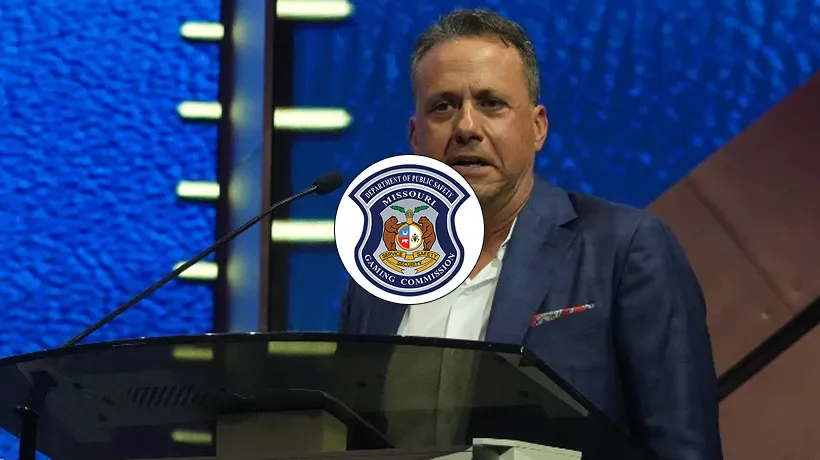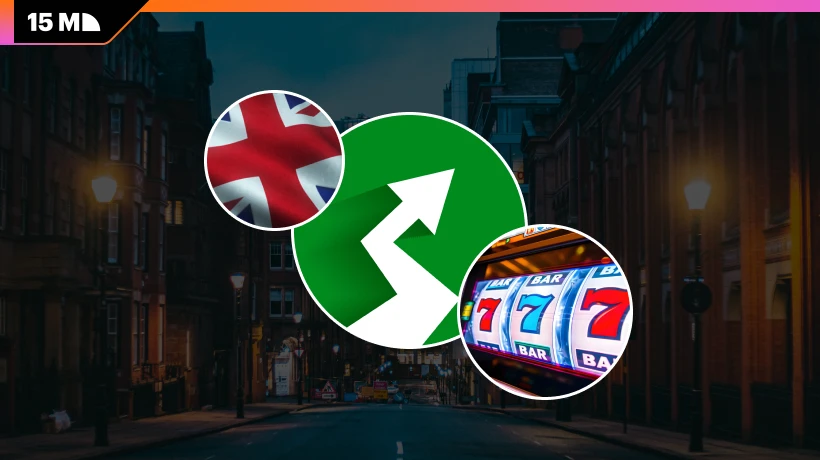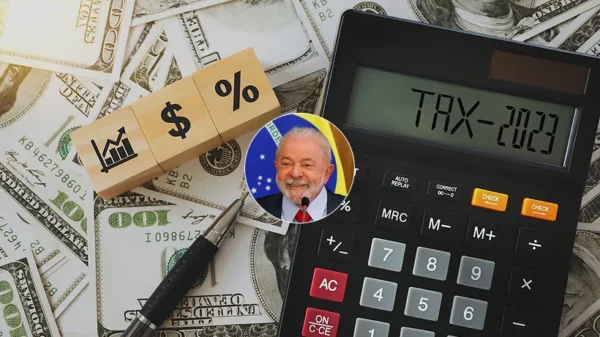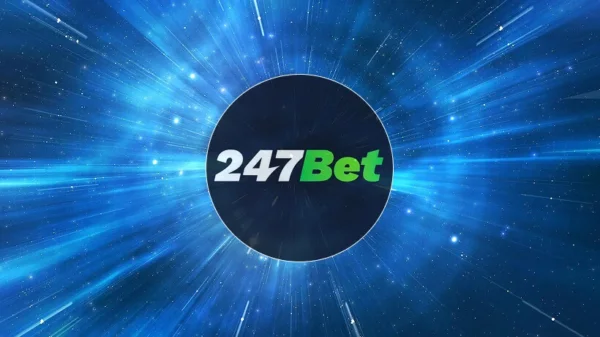BetMissouri analyst Christopher Boan released detailed projections for the state’s incoming sports betting market. The estimates cover Missouri’s first week through its full first year of operations.
Boan used demographic data and launch trends from comparable states to build his forecasts. He also factored in local fan engagement patterns across Missouri’s major sports teams.
The Missouri Gaming Commission awarded direct licenses to DraftKings and Circa Sports back in August. Those operators won’t need casino or sports team partners to launch.
Other major operators secured partnerships instead. FanDuel teamed up with St. Louis City FC, while Fanatics struck a deal with Boyd Gaming.
Why December Launch Timing Creates Unique Challenges
Missouri’s December 1 launch date puts it behind schedule for peak betting season. The NFL regular season started in September, meaning operators miss three months of football wagering.
But Boan thinks local sports events will make up ground. St. Louis Blues home games continue through December. And the Kansas City Chiefs play a major matchup on December 7.
The late start could actually work in Missouri’s favour for projections. Operators typically see their biggest handles during football season, which means Missouri’s first year will capture most of that.
What the Numbers Show for Market Performance
Boan projects $65.7m in total wagers during the first week of operations. That runs from December 1 through December 7, 2025.
The first full month should hit just over $262.6m in handle. Not bad for launching after football season kicked off.
First-year projections reach $3.88bn through December 1, 2026. The four-month forecast sits at $1.05bn, which would rank third among five benchmark states that Boan analysed.
Missouri would trail only Massachusetts and Maryland. But it’d beat Colorado, Tennessee and Indiana for early market performance.
How Strong Results Could Benefit State Education
“That’s a promising signal for how quickly Missourians could embrace regulated wagering,” Boan said in his analysis. He sees the numbers as more than just gambling metrics.
The projections suggest a meaningful revenue stream for Missouri’s education system. State officials structured the sports betting legislation to direct tax revenue toward schools.
If Missouri hits that $1.05bn four-month mark, it proves the market can compete with established states. That matters for long-term sustainability and growth potential.
The December launch might actually help operators build momentum heading into March Madness and baseball season. Strong opening numbers could attract additional operators looking for market access opportunities.







